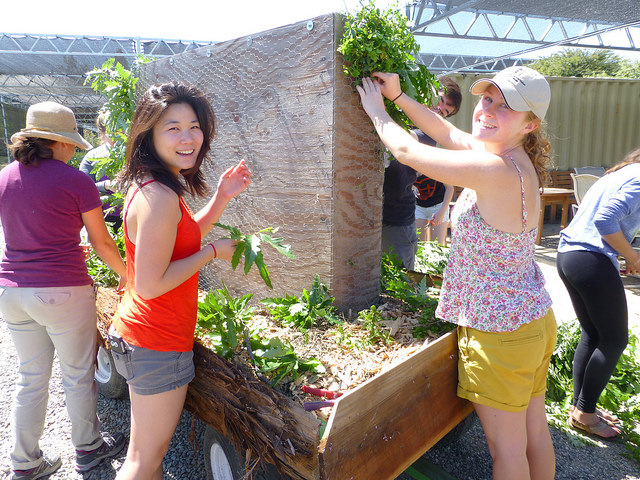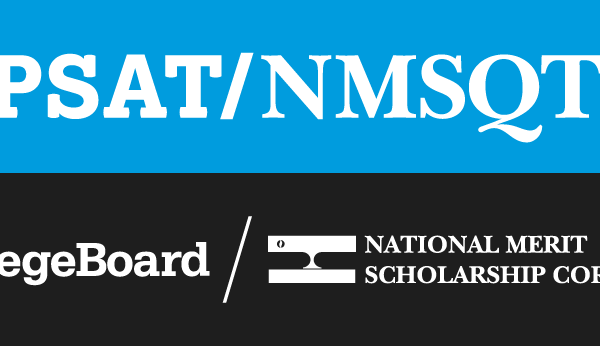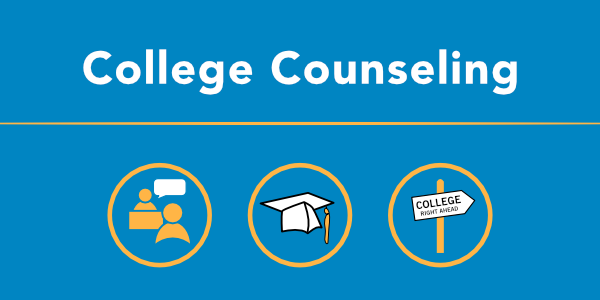Students may be unaware of special programs that can transform their research university experience. These programs scale down the “largeness” of research universities by helping students make friends, get more one-on-one time with professors, and explore a variety of topics that are of interest of them. They do all of this without forfeiting the resources research universities have to offer.
For most students, getting everything they want out of their time at large universities means finding at least one small community they enjoy. So if your student is at all concerned about the size of one of their favorite schools, these programs may be the answer.
Freshman Interest Groups (FIGs)
In FIGs students take a cluster of classes (generally two or three) that deal with a particular theme they are all interested in. The classes allow students to learn different disciplinary perspectives about the theme and meet once a week in a seminar with a FIG leader. Depending on the school, the fig leaders leading the weekly seminar may be faculty, upper-level undergraduate mentors or both.
These groups are a good way to ease the transition between high school and college at large universities. FIGs can help students make connections and friendships with their classmates. Students take smaller classes with the same students in each course. The smaller class-size also allows for more personalized attention from instructors.
Themes and courses vary by program, but students usually have many options from which to choose. You’d be surprised at how many different options there are! No matter what interest your student has, from ‘History of Yoga,’ ‘The Chemistry of Sustainability,’ or ‘Wolves, Dogs, and People,” there is something for them.
Some schools have residential FIGs, in which students live on the same floor of the dorms together, while in others, students live separately and just take the classes together to form communities on the basis of getting to know classmates well.
If the idea of taking courses with the same small group of friends while exploring a topic from different angles sounds interesting, students should check out the following websites to get a sense of the courses offered to freshmen in FIGs:
University of Wisconsin-Madison FIGs
University of Texas-Austin FIGs
Honors Colleges
Honors college programs are ideal for students who want to push themselves, think critically, and who like intellectual challenges.
These programs often allow students more personalized attention. Typically, the classes are smaller, more rigorous, and led by faculty. For courses that are large lectures, honors students usually have their own discussion section led by faculty. As a result, students have more opportunities to engage with faculty and can form connections with their professors.
Because classes are smaller, students can form connections with their classmates and interact with them both in the classroom and beyond.
Honors programs are great ways for students to get the benefits of a small liberal arts college at a research university, since they are much smaller than the general population of students. At the same time, students can access the advantages of larger research universities with more options for courses, faculty, research opportunities, etc.
There are different ways to apply to these types of programs depending on the school. Students may have to either 1) apply directly before they start their first year, 2) register after admission, or 3) decide to enroll after freshmen year. Consult the college websites or ask the admissions office for college-specific information.
Living-Learning Communities
Residential learning communities allow students with similar interests to live together in dorms and pursue their interests together outside of the classroom. Students who are interested in international affairs, for instance, might choose a residential learning community that pairs international and U.S. students as roommates, hosts events with international themes, and plans extracurricular activities according to that interest.
These residential communities facilitate friendships in that they bring together students with similar interests and give them the opportunity to explore their interests together. They typically put on their own events throughout the week, which is especially helpful when students arrive on campus and don’t know anyone.
The two programs mentioned before—FIGs and Honors colleges—may also include residential communities; if students are interested in that option, they should research which schools meet that requirement.
The Bottom Line
Large universities typically provide options for students to meet other students, form learning communities and friendships, and ease their transition from high school to college. Students who want to take advantage of all research universities offer, but don’t want to give up the community feel of liberal arts colleges, may find these programs to be the best option.





